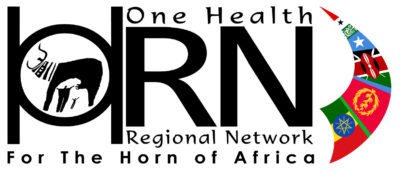Ethiopia is vulnerable to many of the effects of climate change. Extreme climatic and weather conditions have become increasingly common in the last few decades with increasing geographic coverage, intensity, and frequency of drought, especially among pastoralist areas.
We aim to explore and assess the types and magnitudes of impact on animal and human health from food insecurity due to climate change in Ethiopia. We will conduct z community-based study using exploratory mixed method research approach in three regions of Ethiopia, focusing on pastoralists areas.
Firstly, a qualitative study will be conducted to explore the context of food insecurity and its effects on animal and human health. Data will be collected at a community level from heterogeneous groups: community leaders, health and agriculture extension and animal health workers. Quantitative research will then follow to assess the magnitude, distribution and severity of the impact of food insecurity. We will enrol mothers from a household randomly selected using systematic sampling, and data will be collected on food security for family and their livestock, and on maternal and child and animal health. Both types of data will be collected using appropriate tools by involving trained data collectors/research assistants and will be analysed using SPSS version 24 for the quantitative and Atlas.ti for the qualitative data, respectively.
